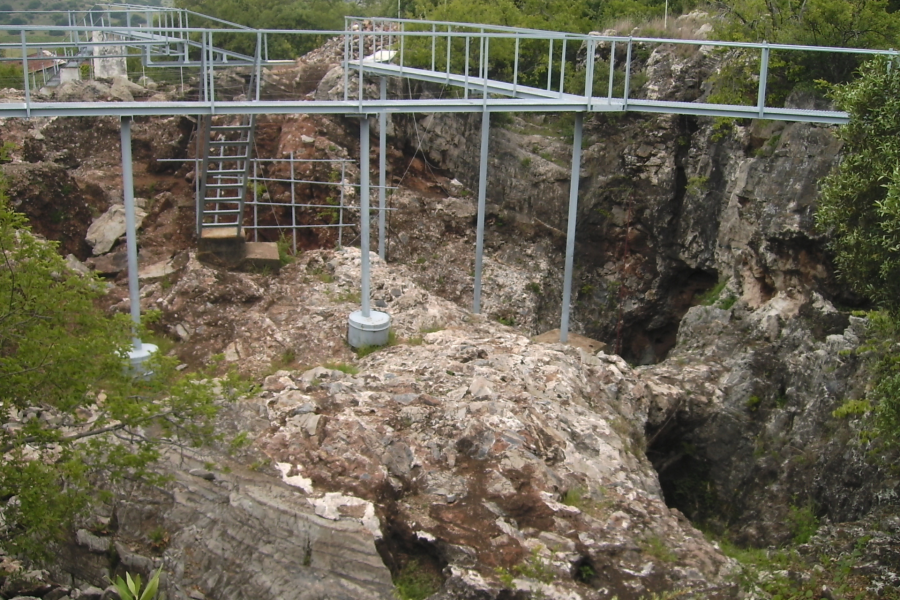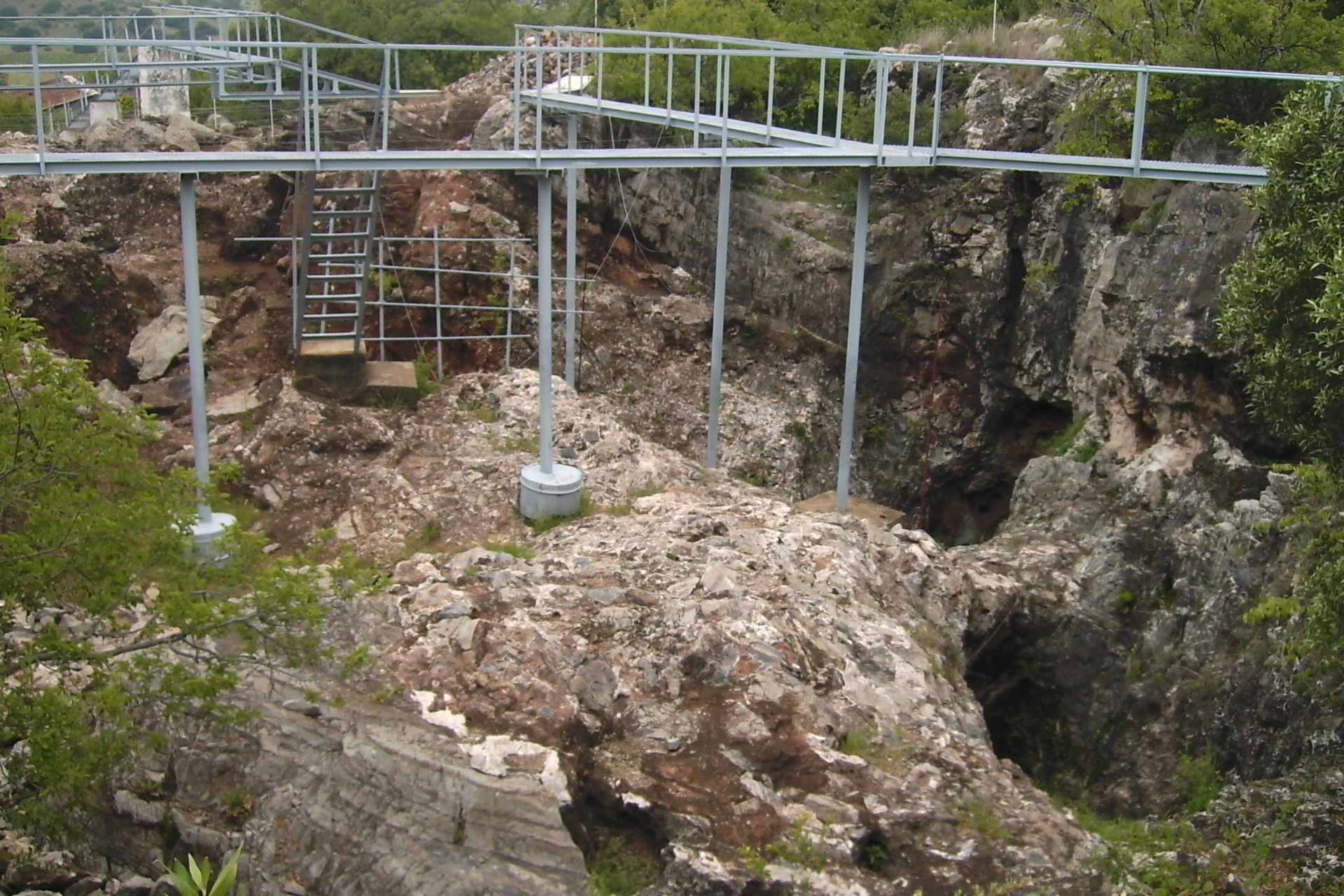
New study on origin of humankind: Casts doubt on whether it was in SA
Rock deposits in a cave system inhabited by early human ancestors in South Africa may be almost 2 million years younger than previously thought, a new study has found, which may cast doubt over whether humankind may have originated in the country. NEW READ | [WATCH] – Huge wave hits a boat According to Bloomberg, the study, which used sediment analysis, […]

Rock deposits in a cave system inhabited by early human ancestors in South Africa may be almost 2 million years younger than previously thought, a new study has found, which may cast doubt over whether humankind may have originated in the country.
NEW READ | [WATCH] – Huge wave hits a boat
According to Bloomberg, the study, which used sediment analysis, paleo-magnetism and uranium-lead dating, found deposits at Bolt’s Farm in the Cradle of Humankind about 50km northwest of Johannesburg to be between 2.27 and 1.7 million years old.
That compared with earlier research, which dated deposits in a small cave called Waypoint 160 at Bolt’s Farm at about 4.5 million years, University of Cape Town (UCT) said in an emailed statement on Wednesday.
ALSO READ | Mbalula claims load shedding will be over by December 2023
Bolt’s Farm is a cave system located in the World Heritage site and is an important source of fossils of various species of Plio-Pleistocene fauna, including primates and big cats. It is also home to a novel rat species, Euryotomys bolti, found nowhere else.
According to the statement, the earlier research that dated Waypoint 160 deposits relied on fossilised remains of the rat and compared it to other fossil sites in South Africa.
MUST READ | City of Cape Town to make annual donation to NSRI to assist with towing of marine wildlife
The new study compared deposits at Bolt’s Farm with other fossil-bearing deposits in the region, which made it possible to redefine the suggested age of the rat species.
STERKFONTEIN CAVES IN THE CRADLE AREA
“All of our work using multidisciplinary sources over the last few years show no evidence for any sites in the Cradle older than 3.2 million years ago,” said Tara Edwards, a Human Evolution Research Institute postdoctoral research fellow from the university’s Department of Geological Sciences and lead author of the paper published in Science Direct.
ALSO READ | Latest on fuel price: Higher oil price, petrol and diesel hurt by weak rand
A study published last year in the Proceedings of the National Academy of Sciences journal put the ages of hominin remains from the Australopithecus genus found at the Sterkfontein Caves in the Cradle area – including the famed Mrs Ples fossil – at between 3.4 million and 3.6 million years. That’s older than the Lucy fossil found in Ethiopia in 1979, which is 3.2 million years old.
The findings of the study led by Edwards debunk assumptions that sites like Sterkfontein Caves preserve deposits and fossils older than 3.2 million years, according to Robyn Pickering, a co-author of the paper.
“It is becoming increasingly unlikely that Sterkfontein is as old as claimed,” Pickering said.
ALSO READ | City of Cape Town gearing up to launch R38m homeownership
This article was originally published by Garrin Lambley.
